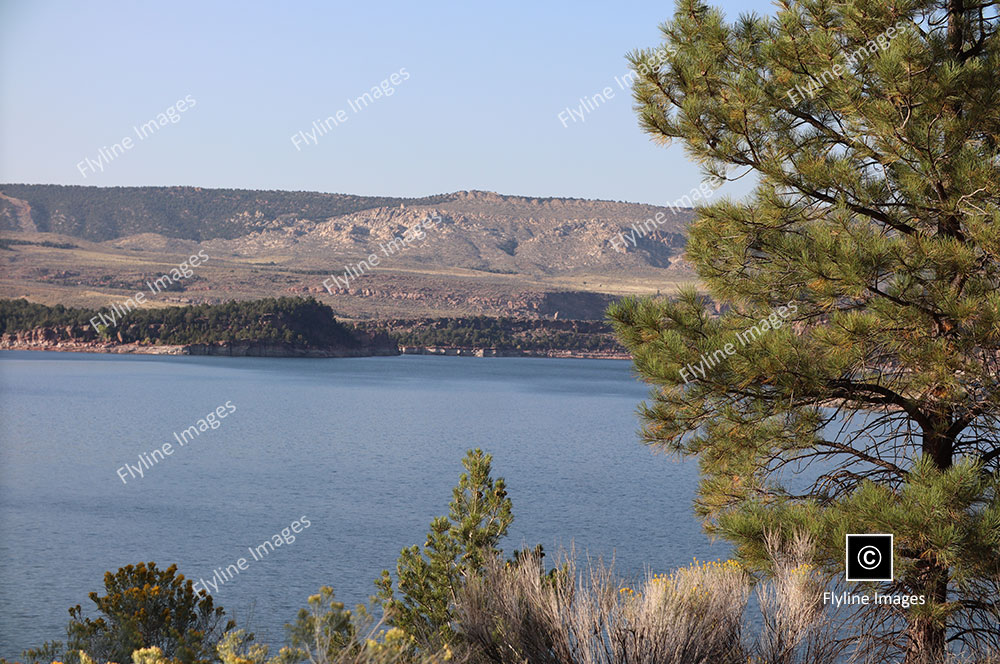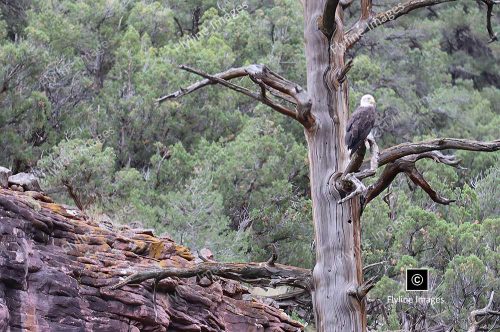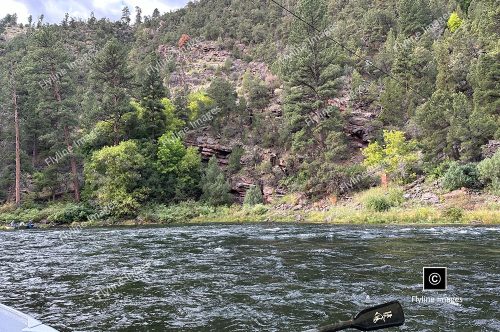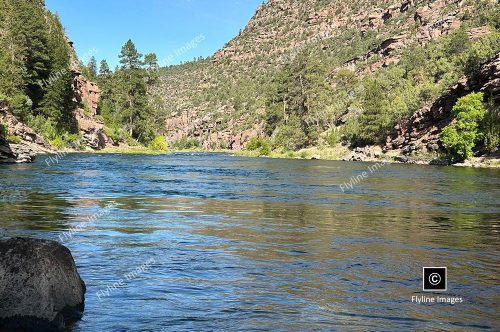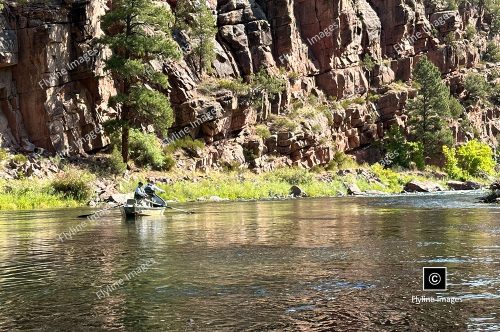Flaming Gorge Reservoir in Utah.
Flaming Gorge Reservoir 0817
$5.00
Description
Purchase this photo for your use. This photo of the Flaming Gorge Reservoir was taken in Utah.
Image & Download Information
For this product, we have provided 3 image size options, Large 4000 x 2500, Medium 2000 x 1250 and Small 1000 x 625. When you purchase this photo, you will receive an email confirmation of your order. That email will summarize your purchase and provide you with the download links for the images and videos you purchased.
MORE ABOUT THIS PHOTO
The Flaming Gorge Reservoir, renowned for its stunning natural beauty and the vivid red rock landscape that surrounds it, plays a critical role in the ecological and economic fabric of the surrounding states. Its importance extends beyond recreation, serving as a vital source of water for agricultural, municipal, and industrial use. Furthermore, the reservoir is a key component in the broader Colorado River storage project, helping to regulate water flow and distribution across the drought-prone regions of the Western United States. This ensures a steady, reliable supply of water, essential for sustaining the livelihoods of millions and supporting the vibrant ecosystems of the area.
The Flaming Gorge Reservoir is also a popular destination for outdoor enthusiasts, offering a wide range of activities such as boating, fishing, camping, and birdwatching. The surrounding area boasts numerous hiking trails and scenic overlooks, providing visitors with endless opportunities to appreciate the stunning beauty of this unique landscape.
In addition to its recreational and ecological significance, the Flaming Gorge Reservoir is also steeped in history, with evidence of human habitation dating back thousands of years. The area was home to Native American tribes, such as the Ute and Shoshone, who relied on the resources of the reservoir for sustenance and spiritual ceremonies.
Today, the Flaming Gorge National Recreation Area is managed by multiple agencies, including the National Park Service and the Bureau of Land Management, to ensure its preservation for future generations. These agencies work together to maintain a delicate balance between conservation and public use, allowing visitors to experience the natural wonders of this area while also protecting its fragile ecosystem.
Furthermore, ongoing efforts are being made to address environmental concerns and promote sustainable practices within the surrounding communities. This includes promoting responsible recreation, implementing water conservation measures, and protecting the native flora and fauna of the area.


